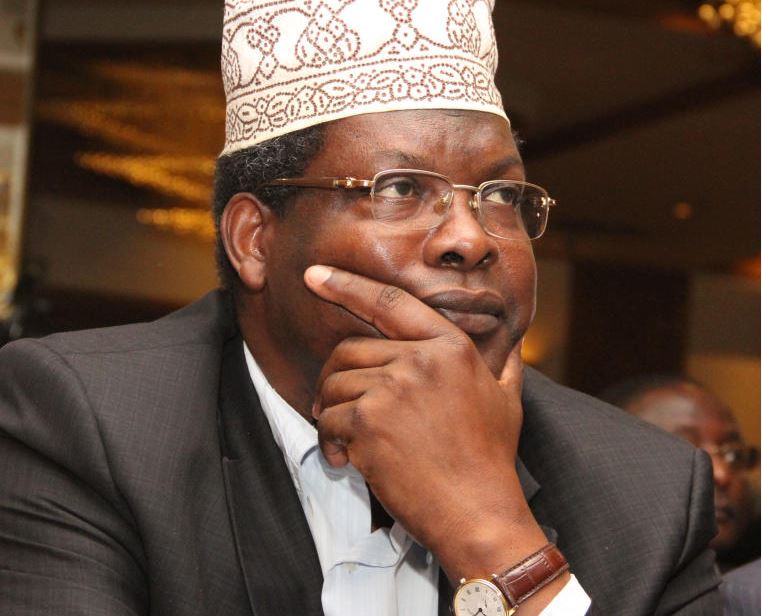×
The Standard e-Paper
Join Thousands of Readers

Exiled controversial lawyer Miguna Miguna (pictured) has spoken out about President Uhuru Kenyatta’s inner circle reported unease with his deputy William Ruto, as well as Raila Odinga’s plot to counter Moses Wetang'ula and Musalia Mudavadi.
The accounts in his new book offer a glimpse into the fierce 2022 succession politics that have taken a new dimension after Uhuru’s deal with Raila, which is viewed with suspicion by Ruto.